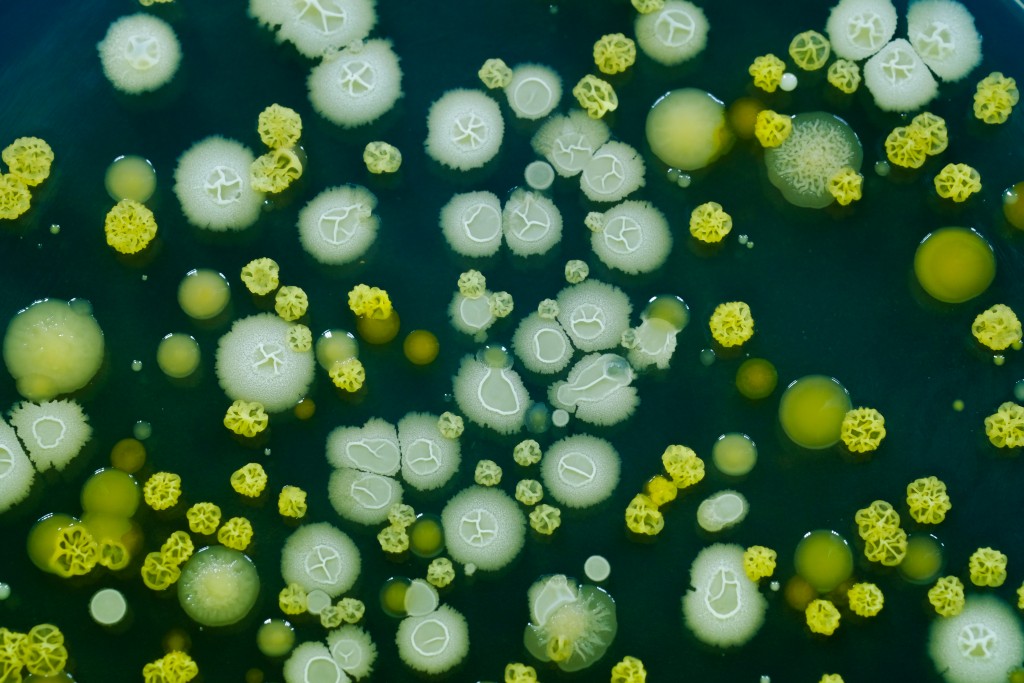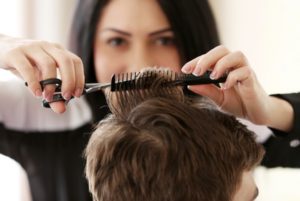- Microorganisms are tiny organisms that exist in every aspect of your lives.
- Gut flora and a robust immune system depend on exposure to microbes.
- Personal hygiene practices can help reduce the risk of infection.
- Environmental hygiene is essential for keeping harmful microbes away from children.
- Food safety measures, such as proper storage and cooking temperatures, can help prevent food contamination.
As parents, you are always thinking about the safety and well-being of your children. You look for the cleanest, most hygienic environment to keep them healthy and happy. However, did you know microorganisms exist in every aspect of your lives, including your children’s daily routines? Here’s what you need to know about microorganisms.
What Are Microorganisms?
First, you must know what microorganisms are so your children can understand them. These are tiny organisms that you can’t see with your naked eye. Bacteria, viruses, fungi, and protozoans are some examples of microorganisms. All the above have different sizes, shapes, and roles in our environment.
Microorganisms play a vital role in maintaining natural balance by breaking down organic matter and providing food for other living things. Here’s how it can affect your children’s lives.
Gut Flora and Immune System
Microorganisms, also known as microbes, play a crucial role in our children’s health by supporting their gut flora. The gut houses approximately 100 trillion bacteria, which help in food digestion and absorption. These bacterias also regulate the immune system. The immune system is essential for fighting off harmful pathogens. Studies indicate that exposure to microbes from early childhood can significantly impact the immune system’s development, reducing the risk of allergies, asthma, and autoimmune diseases.

Personal Hygiene
You may wonder why we take so much care to wash our hands regularly. Many disease-causing microorganisms can survive on our skin and be easily transmitted by touch. Encouraging your children to maintain good personal hygiene practices, such as washing their hands regularly, brushing their teeth, and taking a shower regularly, can help reduce the chances of infection. A particular hygiene habit to teach our children is avoiding touching their faces so they don’t introduce germs if touching a contaminated surface.
Environmental Hygiene
Environmental hygiene refers to maintaining cleanliness in your children’s surroundings, such as their home, school, daycare, and playground, to avoid exposure to harmful microorganisms. Simple practices like cleaning and disinfecting surfaces, washing clothes regularly, ensuring proper garbage disposal, and appropriately using sanitizing products can help reduce exposure. At the same time, avoid over-use of sanitizers, as this can have adverse effects in the long run.
Food Contamination
Food has immense potential to harbor harmful microbes, including Salmonella, E.Coli, and Listeria. These microorganisms can cause food-borne illnesses, a significant health concern for children. You can reduce the risk of food contamination by following simple guidelines such as washing hands and utensils frequently, storing food in appropriate containers, keeping raw and cooked food separate, and maintaining appropriate cooking temperatures.

Outdoor Play
Exposure to microbes in outdoor environments can be highly beneficial for children. The natural environment contains various soil-dwelling microorganisms that can help boost children’s immune responses. Encourage your children to engage in outdoor activities regularly. Don’t fret over a little dirt here and there because millions of beneficial microorganisms in the soil can help build your child’s immunity.
How to Keep Your Children Healthy Through Microorganisms?
You can keep good microorganisms with your children and the bad ones away in various ways. Here are some of those ways:
Ensure They Have Clean Clothes
The clothes your children wear can harbor various types of microorganisms. Keeping their clothes clean and fresh is crucial to keeping these organisms away from your children’s bodies. If you don’t have time, consider hiring a local laundry delivery service. They can disinfect your children’s clothes by using UV light and steam.
Encourage Handwashing
Good hand hygiene can reduce the risk of spreading infections. Teach your children to wash their hands regularly with soap and water or use hand sanitizers if they don’t have access to a washroom.
Pay Attention to Food Safety
Food safety is essential for your child’s health, as it keeps them away from food-borne illnesses. Ensure that all cooked foods are stored in airtight containers, cleaned utensils are used for cooking, and raw foods are kept separate from cooked foods. Also, encourage your children to take regular eating breaks to avoid overeating.
Keep Your Home Clean
Regularly clean high-touch areas such as door handles, countertops, and kitchen sink to reduce the risk of potential contamination. Disinfecting surfaces with bleach and water can help kill harmful bacteria and viruses.
These are just some ways to protect your children from potentially harmful microorganisms while allowing them to benefit from exposure to beneficial ones. So follow the above tips for keeping your home, children’s clothes, and food safe from microorganisms. This way, you can ensure that your children are happy and healthy!



















